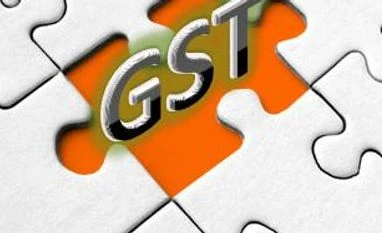The meeting also assumes importance since this would be the first meeting of the Empowered Committee of state finance ministers with Jaitley, after Kerala finance minister K M Mani assumes charge of the chairman of the committee.
States support is also required after the Bill is passed by Parliament as this kind of constitution amendments require assent of at least half of the total states.
More From This Section
Sources said anything related to GST could be discussed in the meeting and there is no specific agenda as such.
However, the meeting is likely to concentrate mainly on the Bill itself. The Centre will try to bring all states on board as some states such as West Bengal and Tamil Nadu had opposed the way the Bill was introduced in Parliament in December last.
Earlier, revenue secretary Shaktikanta Das had tweeted,"Focus is on GST constitutional amendment. Government's priority in Parliament session starting on 20th April."
The Centre has targeted April 1, 2016, for rolling out GST. But, the Bill itself is only one piece of legislation that will enable the Centre and states to impose GST. In the current scheme of things, the Centre cannot impose tax on goods beyond manufacturing and states cannot levy services tax.
However, after the Bill, central GST Bill has to be brought in Parliament and states Bills in respective state assemblies.
Meanwhile, Das had said the Centre and the states are working on a new revenue neutral rate, which is currently pegged at around 27%.
"The RNR is being recalculated and once the RNR is recalculated, then what will be the GST rate will be a matter to be decided by the GST Council under the Constitutional Amendment," the revenue secretary had said.
Earlier, a sub-committee on GST had in November 2014 suggested that the RNR of states GST be at 13.91% and Central GST at 12.77%.
However, unlike what was conceived earlier, petroleum will no longer draw GST to begin with, and manufacturing states will get one% extra tax.
"The earlier RNR has to be changed because there have been many changes thereafter relating to GST... On petroleum, VAT and excise will continue for some time. Additional 1% tax on inter-state supply of goods is also a new concept. The old number does not hold good anymore," Das had said.
)